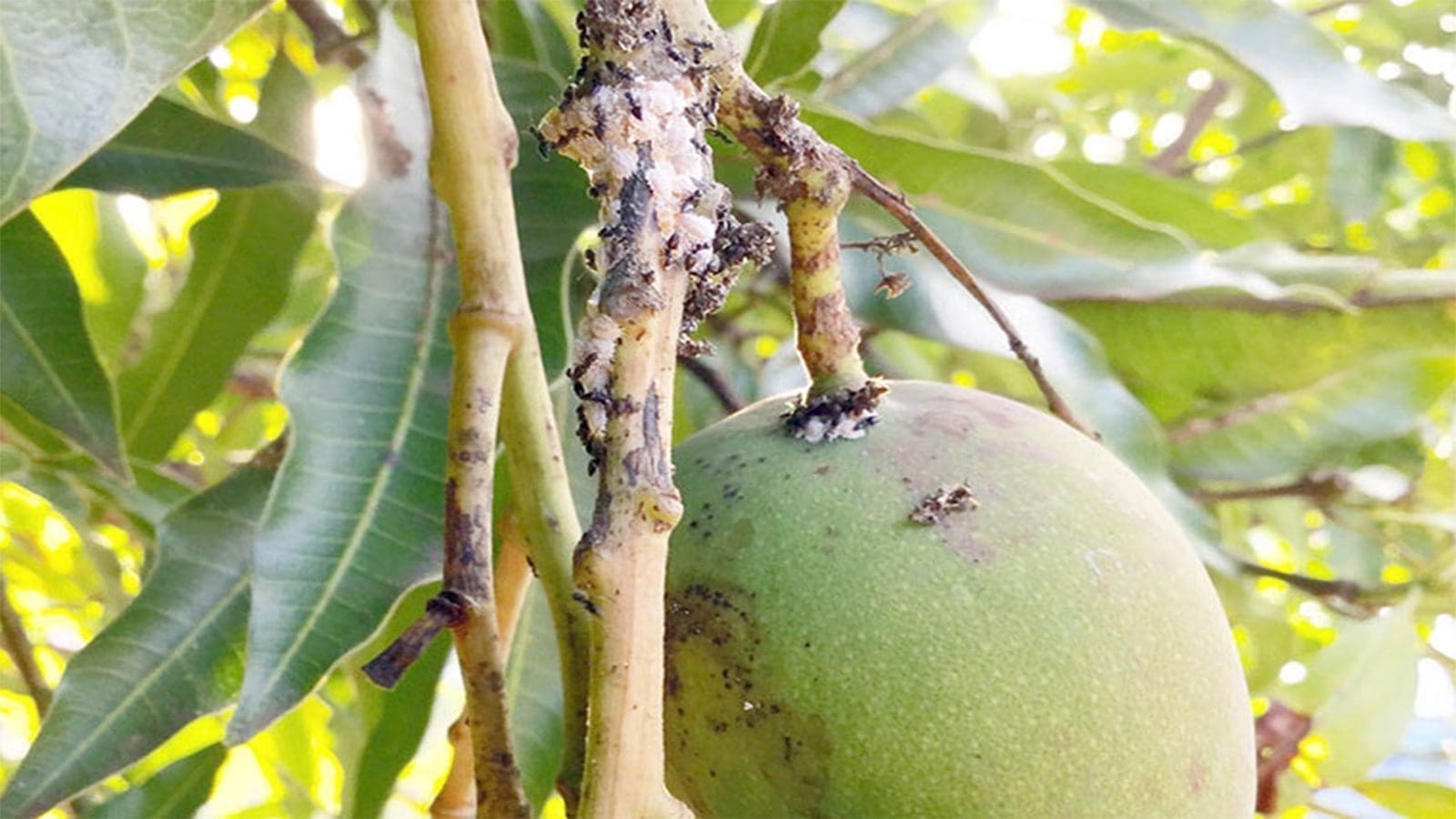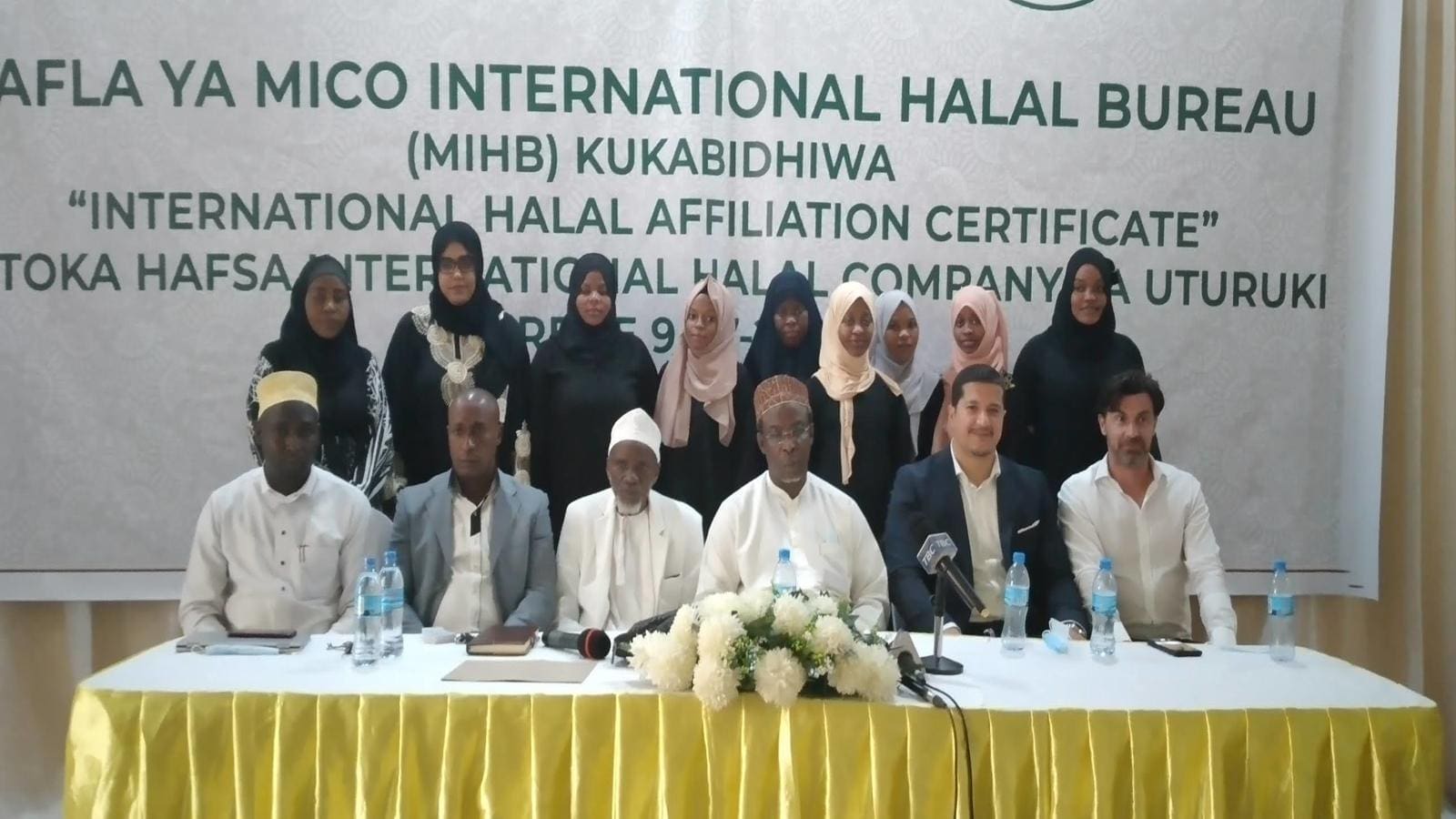BRAZIL – National Technical Commission of Biosafety (CTNBio) has unanimously approved the commercial use of genetically modified (GM) corn for insect resistance, known as event EH913.
The new technology, derived from a specific gene of the bacterium Bacillus thuringiensis (Bt), has high efficacy against lepidoptera pests, especially fall armyworm which is considered the main pest of corn crop, and sugarcane borer.
Event EH913 is the result of a 100% national public-private partnership between Embrapa and Helix, a company of the Agroceres group.
The partnership was established in the Joint Public Selection Notice between Ministry of Science, Technology and Innovation (MCTI), National Bank for Economic and Social Development (BNDES) and Financier of Studies and Projects (Finep), with the objective of supporting technological innovation in the agribusiness sector.
Comparable to the best Bt technology currently available on the market, the EH913 event presented amazing performance in all field trials conducted.
According to laboratory analyses by Embrapa Corn and Sorgo and Helix, the product obtained high efficacy against larvae of the cartridge caterpillar/fall armyworm, even when diluted 25 times in artificial diet, indicating a good prognosis in relation to insect resistance management.
Additionally, corn with the event EH913 proved effective even against populations of fall armyworm resistant to Bt proteins present in the market. This indicated the absence of cross-resistance with such technologies and further reinforcing its innovative and disruptive character for pest management in Brazil.
Milestone for Brazilian science
In a video published on the YouTube channel of the Ministry of Science, Technology and Innovations, the President of the National Technical Commission on Biosafety Paulo Barroso stated that the main difference of the product, in addition to the specific technological issues, is that it was produced by two Brazilian companies, one private, Helix, and the other public, Embrapa.
“The development of this event, as well as the entire security assessment process, were completely carried out in the country. It is a milestone for Brazilian science, which had already produced genetically modified organisms of soybeans, beans, eucalyptus and now a corn.
“Also according to the President of CTNBio, the process was very well instructed, correctly referring to food and environmental safety issues,” he stressed.
The release puts Brazil, Embrapa and Helix in a selection group of countries and companies capable of providing Bt technology.
Frederico Ozanan Machado Durães, Head General of Embrapa Corn and Sorgo, noted that the construction of disruptive knowledge, in the public-private partnership, is an intelligent strategic process of co-creation and highly timely co-development to increase relevance in the productive sector.
“Exchanging knowledge – technical-scientific, managerial and business – has relevance to impact the productive sector and, at this moment, the approval of the EH913 event for commercial use in Brazil puts the country and partners on a high-level path in the interest of the farmer and promoting the development of Brazilian agriculture,” he said.
At present only two foreign companies supply the technology to the world market. Helix has kicked off the processes for the commercial release of the EH913 event in other countries. However, Brazil is yet to settle on a date to begin the commercialization.
Liked this article? Subscribe to Food Safety Africa News, our regular email newsletters with the latest news insights from Africa and the World’s food safety, quality and compliance. SUBSCRIBE HERE








